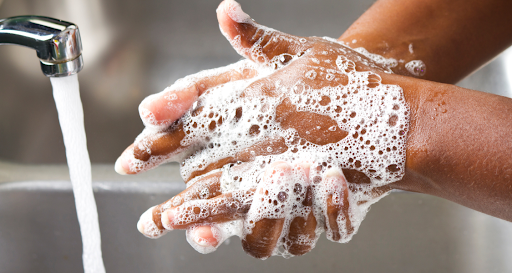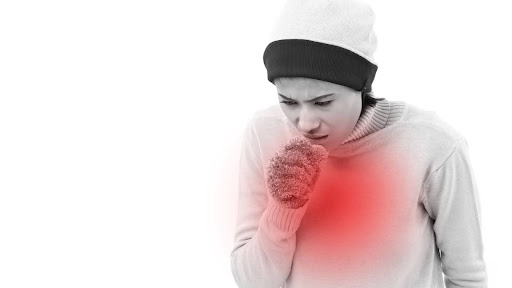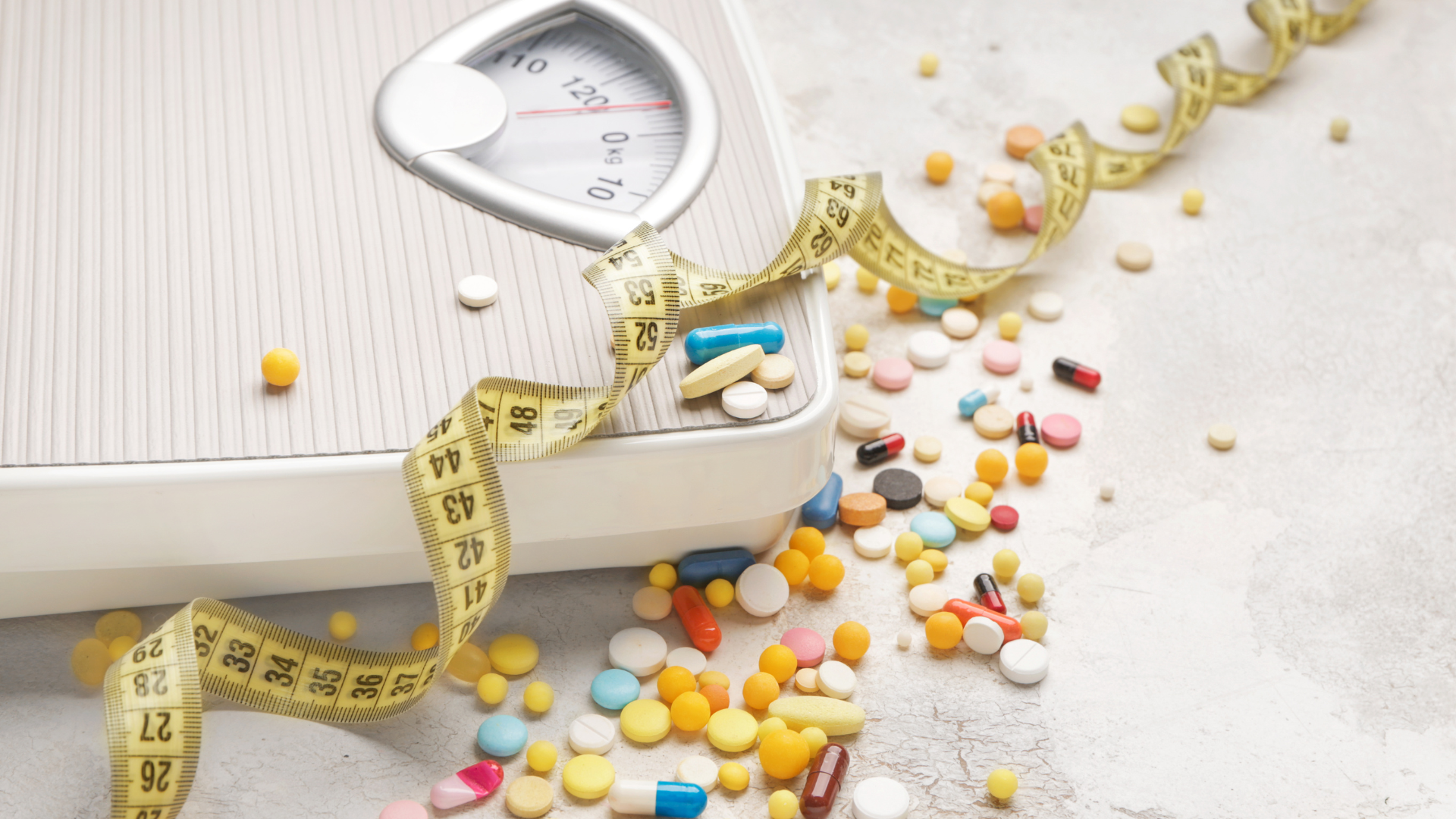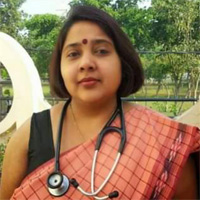Dengue, Malaria, and Viral Fevers in Monsoon 2025: Your Easy Guide to Staying Safe
We see more cases of dengue, malaria, chikungunya, viral fevers, typhoid and stomach infections during these months. Many of these can turn serious if ignored, but the good news is that most can be prevented or treated early with awareness and care.
In this blog, reviewed by Dr. Rashmi Gupta Bajpai, General Physician at DocGenie, we will explain these illnesses in simple words, share real-life examples and guide you on how to protect yourself and your family this monsoon.
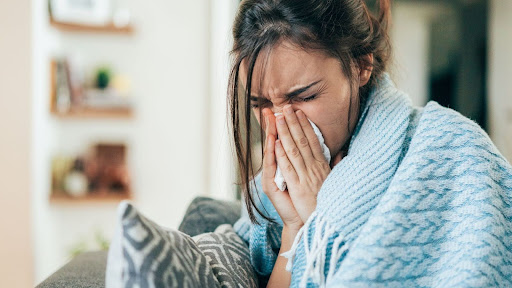
Why Do We Fall Sick More in Monsoon?
- Stagnant water causes Mosquito breeding: Buckets, flowerpots, tyres, coolers and puddles are perfect breeding spots for dengue and malaria mosquitoes.
- Humidity lowers immunity: Our body becomes more prone to viral and bacterial infections.
- Contaminated water: Flooded drains and leaky pipelines lead to stomach infections like typhoid and gastroenteritis.
- Real-life example: Last year in Delhi, a 10-year-old boy developed high fever and severe body pain. His parents thought it was “just viral fever” and gave him home remedies.Three days later, his platelet count dropped dangerously due to dengue. Thankfully, with proper medical care, he recovered.
Common Monsoon Illnesses (Symptoms to Watch For)
| Illness | How it Spreads | Key Symptoms | When to Worry |
|---|---|---|---|
| Dengue | Aedes aegypti mosquitoes | Sudden high fever, pain behind eyes, rash, severe body ache | Bleeding gums, black stools, vomiting blood |
| Malaria | Anopheles mosquitoes | Fever with shivering & sweating cycles, headache | Severe weakness, jaundice, confusion |
| Chikungunya | Mosquito bite | High fever, joint pain (may last weeks) | Very severe joint pain, rash |
| Viral Fever | Airborne / Contact | Mild fever, body ache, fatigue | Fever > 3 days, difficulty breathing |
| Typhoid & Gastroenteritis | Contaminated food/water | Stomach pain, vomiting, diarrhea, fever | Severe dehydration, continuous vomiting |
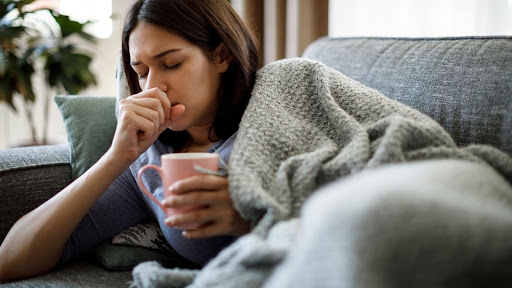
Real-life example:
During the Bihar floods, many families were forced to drink unsafe water. As a result, hundreds fell ill with gastroenteritis and severe dehydration. Something as simple as boiling water or using a filter could have prevented most of these illnessesHow to Identify Serious Symptoms
Not every fever is dangerous, but you should not take chances. Red-flag signs include:- Fever lasting more than 3 days
- Severe stomach pain or repeated vomiting
- Shortness of breath, wheezing, or chest pain
- Rash with bleeding spots
- Extreme weakness or fainting
Monsoon Safety Checklist (Family-Friendly)
- Stop Mosquito Breeding
- Empty coolers & change water every 2–3 days
- Cover buckets, drums, pots
- Use mosquito repellents & nets
- Keep surroundings clean
- Eat and Drink Safe
- Drink boiled or filtered water.
- Avoid roadside golgappas & cut fruits.
- Wash vegetables and fruits thoroughly.
- Cook food properly; avoid repeated reheating of rice or meat..
- Boost Your Immunity
- Eat papaya, guava, citrus fruits
- Include home cooked food, dal, green veggies, eggs, lean meat
- Drink enough water, coconut water, lemon water
- Special Care for Elderly & Chronic Patients
- Diabetes, hypertension, thyroid or asthma infections can worsen your condition.
- Monitor sugar, blood pressure, or breathing symptoms regularly.
- Do not delay consulting your doctor if fever or infection appears.
Myths vs Facts
- Myth: Drinking papaya leaf juice cures dengue.
Fact: It may help platelets but is not a cure. Medical care is essential. - Myth: All fevers need antibiotics.
Fact: Most monsoon fevers are viral. Only a doctor can decide if antibiotics are required. - Myth: Malaria fever always comes with shivering.
Fact: Symptoms can differ.A blood test is the only sure way to diagnose.
When to See a Doctor (or Go Online consult!)
Monsoon illnesses start like a regular flu but can turn serious quickly. That’s why doctors advise not to ignore prolonged fever.Thanks to DocGenie, you don’t need to wait in crowded hospitals or risk delays. You can consult Dr. Rashmi Gupta Bajpai, an experienced General Physician, online from the safety of your home. You can share symptoms from home and she can guide to get prescriptions & lab tests ordered quickly or ley you know if you need hospital care
Real-life example:
During COVID, a man in Lucknow got a high fever and was unsure if it was viral or dengue. He consulted a doctor online, did tests the same day and started malaria treatment early - avoiding a major health scare.Final Words
Monsoon is a beautiful season, but it comes with health risks that we cannot ignore. Awareness, prevention, and early action can save lives. Keep your surroundings clean, eat safe food, and never ignore warning signs of serious illness.If you or your loved ones develop fever, stomach upset, or breathing problems this monsoon, don’t delay. Book an appointment with Dr. Rashmi Gupta Bajpai on DocGenie for trusted and timely medical care.
Stay safe, stay healthy, and enjoy the rains responsibly.
